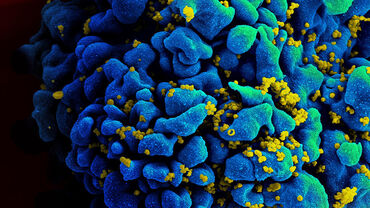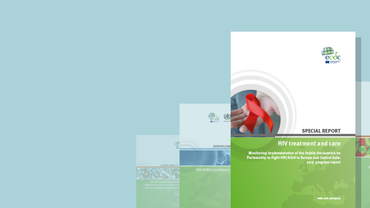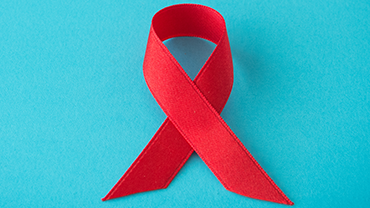HIV service delivery in Europe and Central Asia severely disrupted during COVID-19 pandemic
Significant disruptions were observed in HIV-specific services, particularly for in-clinic and community-based HIV testing, according to the ECDC report "The impact of the COVID-19 pandemic on the HIV response in Europe and Central Asia."
The report, covering 2021 and 2022, provides important insights into the challenges faced by countries in maintaining essential HIV services amidst the global health crisis. Although fewer countries reported a reduction in service provision across all HIV-specific services in 2022 than in 2021, the impact is still being felt compared to pre-pandemic levels.
Of all HIV-specific services, in-clinic and community-based HIV testing saw the largest impact due to COVID-19. In addition, most countries also reported that non-HIV specific prevention services, including services related to other sexually transmitted infections, condom distribution, harm reduction for people who inject drugs, and general prevention outreach were severely reduced.
Reductions in services as a result of COVID-19 were rather due to diversions of staff and facility resources from HIV services to support pandemic response rather than financial challenges. Only one quarter of reporting countries said that funds had been diverted away from the HIV response in 2021 while over three-quarters reported diversions of clinical staff and facilities.
While countries reported a considerable impact on the capacity of public health institutions, the majority noted that surveillance data collection had generally not been affected. The impact on public health systems should be measured over time to assess whether they have rebounded or continue to experience lasting effects as a result of the COVID-19 pandemic period.
Although treatment services were affected, many countries applied measures to ensure people did not experience breaks in treatment, including longer prescriptions. However, many countries were unable to assess the impact of the COVID-19 pandemic on pre-exposure prophylaxis (PrEP) services.
Key populations, such as sex workers, were disproportionately affected by the pandemic, facing increased vulnerability due to an increase in risk behaviour and reduced access to essential services. The report's release comes at a critical juncture as countries navigate the ongoing challenges posed by the COVID-19 pandemic while striving to maintain progress towards ending the HIV/AIDS epidemic by 2030.
This report is one in a series of thematic reports on monitoring implementation of the Dublin Declaration on Partnership to Fight HIV/AIDS.
Read the report
Surveillance and monitoring
The impact of the COVID-19 pandemic on the HIV response in Europe and Central Asia - Monitoring implementation of the Dublin Declaration on partnership to fight HIV/AIDS in Europe and Central Asia
This report provides a record of the impact noted by countries on HIV services and monitoring capacity which can be used retrospectively to better understand the effects of the COVID-19 pandemic on the HIV situation in the European Region.







